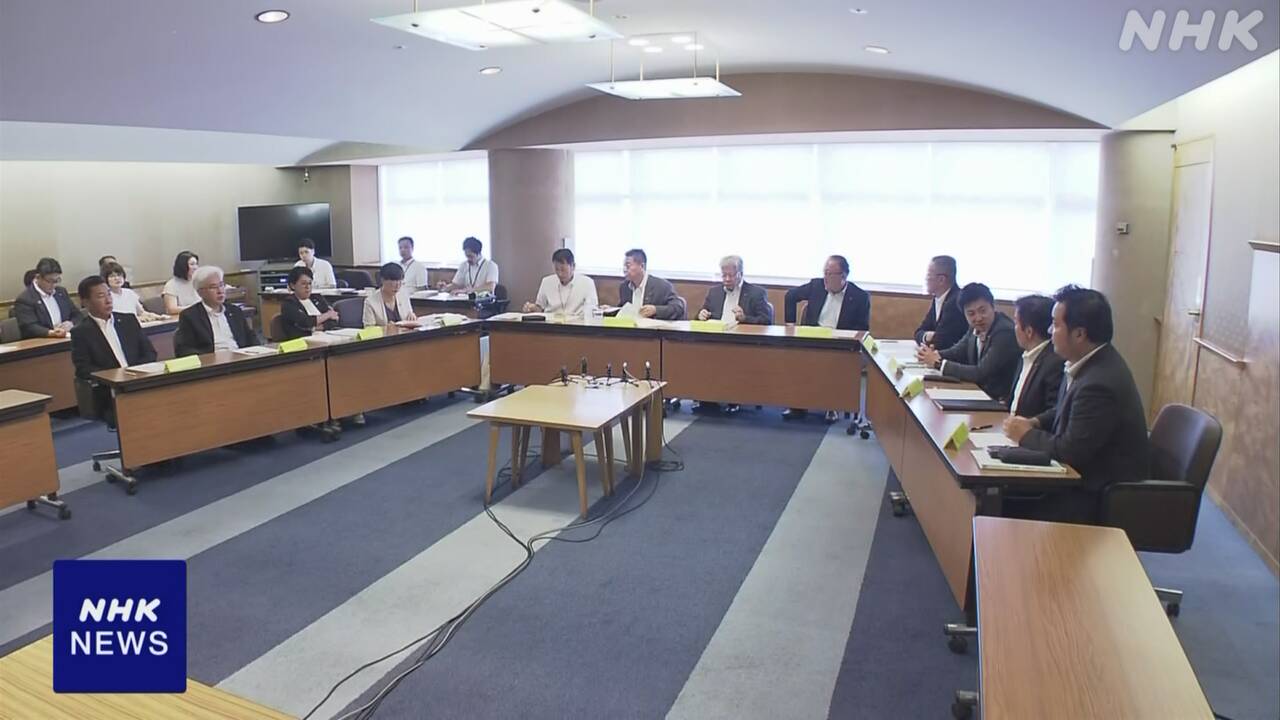A significant development is underway in the political landscape of Ito, a city in Japan, as the city council prepares to submit a vote of no-confidence against the incumbent mayor on the 1st day of the coming month. While specific details tied to the motion are still under wraps, such a maneuver typically implies dissatisfaction with the mayor's leadership or governing decisions among a significant proportion of council members. The outcome of this action could potentially result in the mayor's termination from office if backed by majority support from the council.
In Japan, a mayoral recall vote or a no-confidence motion is a serious affair reflecting considerable dissatisfaction among council members or citizens. This motion requires approval by two-thirds of the council members. If passed, it can lead to the resignation of a city mayor. The principle of accountability, the essence of democracy, is thus manifested in this practice, ensuring that elected officials uphold the trust placed in them by the populace.
In the US or EU, the process for handling a similar situation varies. For instance, in the US, an official can face impeachment for 'high crimes and misdemeanors,' but the process is politically contentious and requires conclusively proven allegations. In the EU, each member state has its own mechanism to deal with such situations with varying complexities, generally focusing on maintaining good governance and local accountability.

